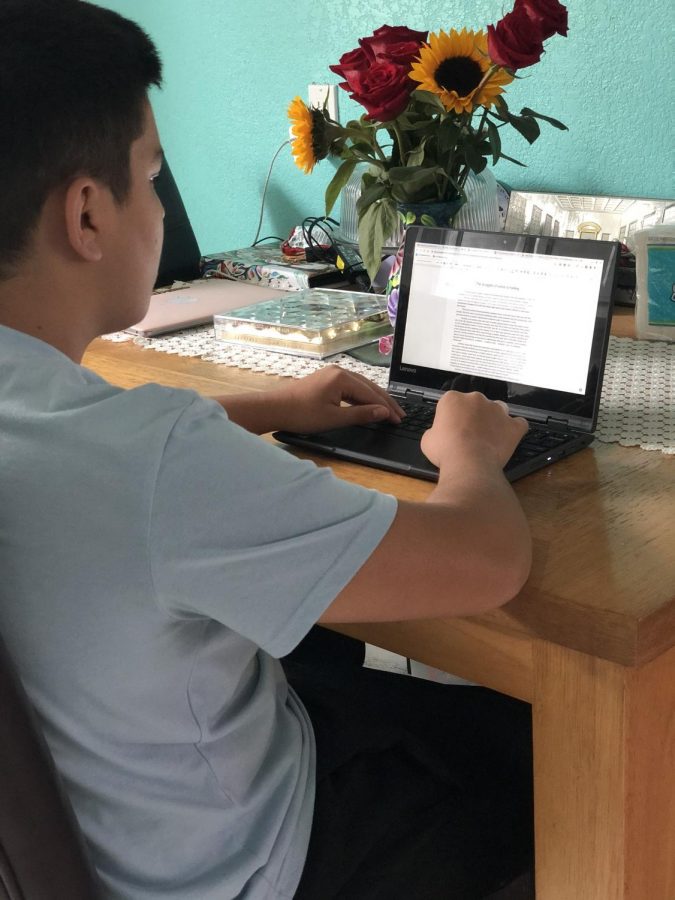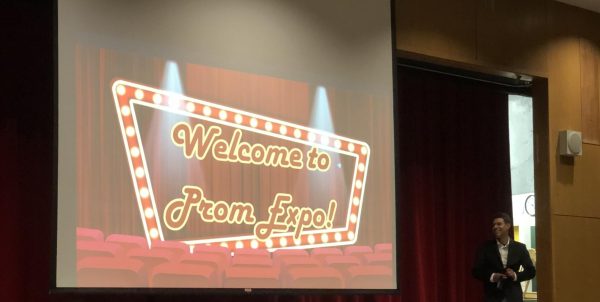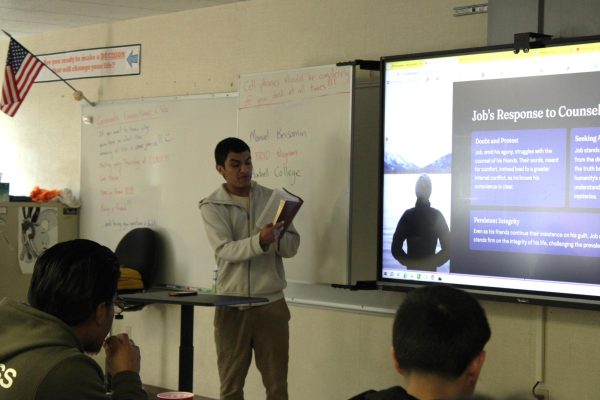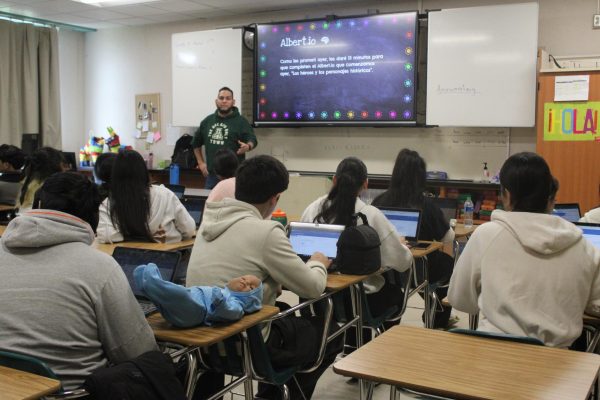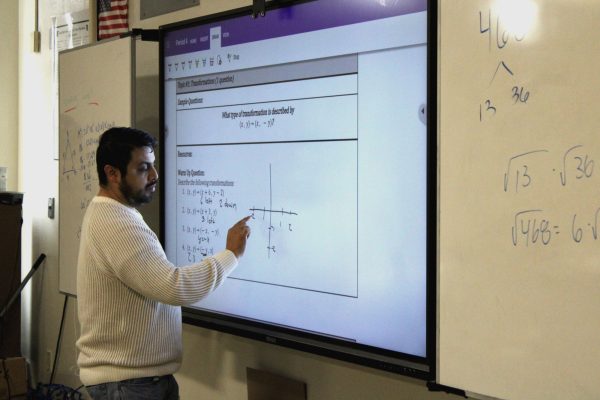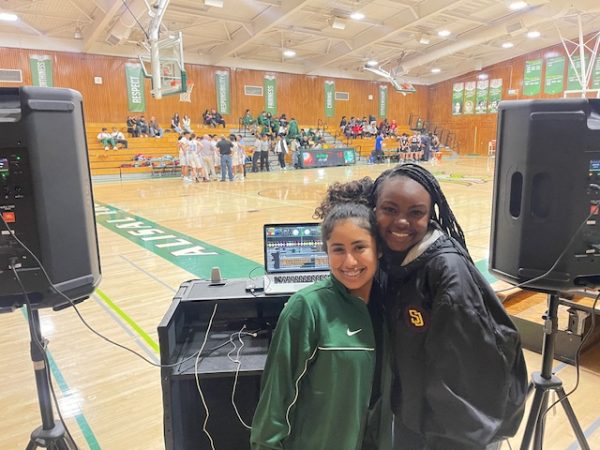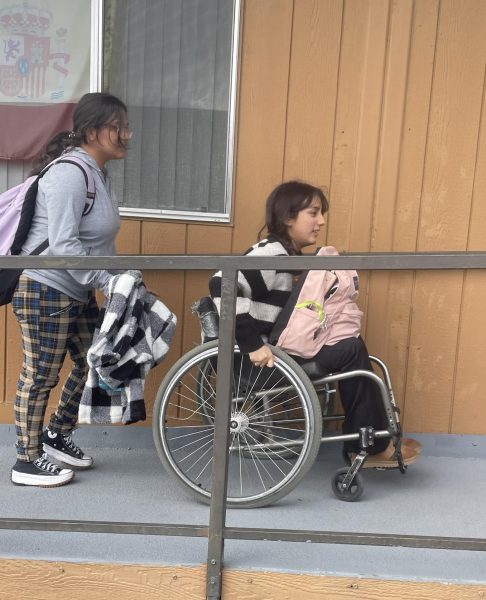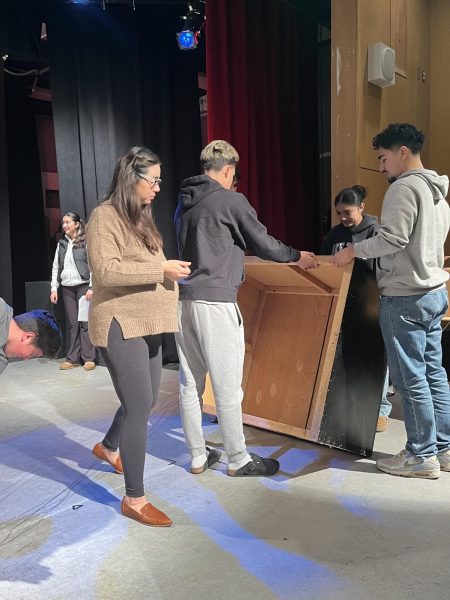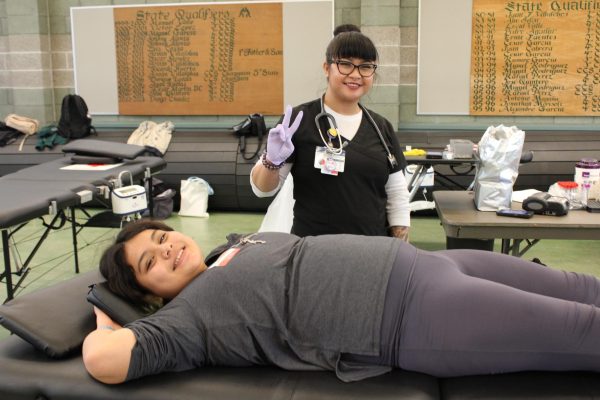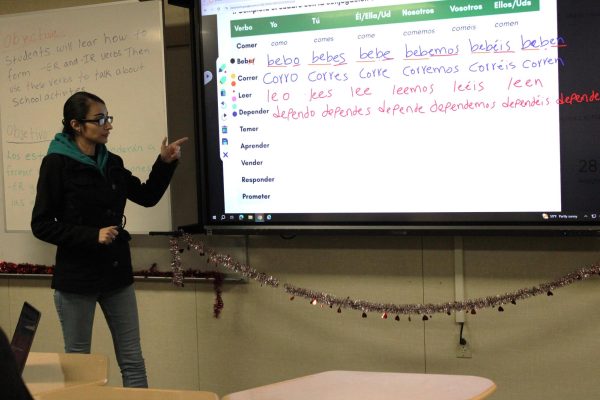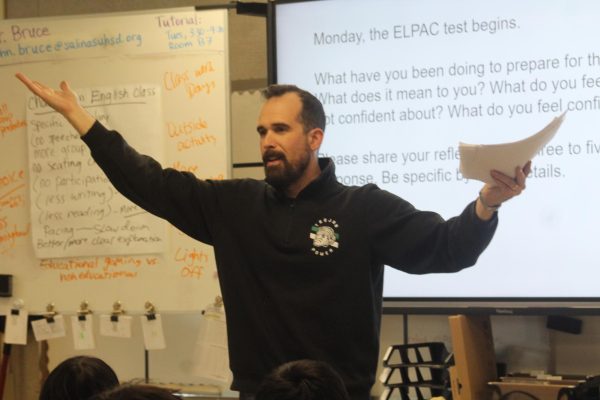The Struggles of Online Schooling
It’s never easy to adapt. Change is something that requires time and patience. COVID-19 brought not only a deadly disease, but also a wave of abrupt and unprecedented changes.
Schools especially were brought to a halt. The transition from physical school to online school has many struggling to adapt. From a lack of participation in a hostile learning environment; students and staff from Alisal High School have found it difficult to work/learn from home.
Physical in-school-learning teaches students how to work with each other and with the teacher. But with school now being completely online, many students lack the socialization, and personal student-to-teacher relationships needed in order to succeed in class.
Students and teachers alike also seem to prefer physical school rather than online school. Out of the 456 students and teachers surveyed, more than 55% of them said they feel online school is more challenging in terms of content and work. Also, 80.1% of students and teachers said they feel stressed out while attending online classes. 57% of them also said they would very much prefer to be in physical school while 28.6% would strongly consider returning to on-campus teaching and learning. Countless students said they feel overwhelmed with work, aren’t motivated enough, and feel at a social disadvantage as they have no relationships with peers or teachers. Some students describe online schooling as, “pointless”, “a waste of time”, “stressful”, and “not enjoyable whatsoever.”
Another factor that makes the experience unenjoyable for all is the lack of face to face interaction. Although students are encouraged to turn on their cameras during class time, it is not a requirement; and according to multiple teachers, well over 85% of students refuse to show their face on camera. Jared Hart, an eleventh grade English teacher says, “It feels like I am doing a radio show.” On the other hand, students say they feel uncomfortable turning on their cameras during class; based on the results from the same survey (which was in no way a scientific survey) over 65.7% of students say they prefer to keep their camera off for comfort reasons. Cynthia Regalado, an eleventh grader says, “I dislike having my camera on because nobody else has it on. I’d feel really uncomfortable being the only one with it on other than the teacher.”
However, not all students and staff find online school unpleasant, some actually enjoy it. Aaron Tisdale, an eleventh-grade physics teacher, says, “Online learning is awesome. I could do this for the rest of my teaching career and would be happy for it.” Tisdale says he feels comfortable teaching from home and that although student participation in his own classes isn’t the highest, he claims that the students who participate in online classes are those who would participate in regular class and vice versa. Tisdale also says, “I get to spend way more time with family now, and for me, that is a wonderful thing.” It’s not only teachers who enjoy this type of school; a couple of students also like online classes. Roco Contreras, a tenth grader explains, “The good thing about online school is that I have more time for assignments, and I’m able to sleep in a little more.” Even though not all students and staff feel that online school is a struggle, the vast majority do.
So what is it about distance learning? Why do more than 70% of students find it harder? Why do over 65% of teachers say student participation isn’t there? The simple answer; the setting. Students are learning from their homes; sometimes not even motivated enough to get up and log in to class. Miguel Cruz, a sophomore states, “I’m not as motivated to get up and learn, it’s just a whole different feeling. I feel school is just an option and often find myself debating whether I should log in to class. Eventually, I do.”
While on campus, students feel the need to finish assignments. Students aren’t just encouraged to do their work, they are almost forced/ feel responsible to do their work. But at home, students have it easy to log in and simply walk away. And according to Steven Munoz, a world history teacher, many students do. He says, “Students often hide behind their computer screens and rarely participate.” This is a recurring theme as over half of the teachers say they feel unsatisfied with student participation and work completion.
One positive has been the creation of the advisory class. Advisory is a type of homeroom and is meant to serve as a helping class, where students and teachers meet and complete activities that will ease the transition from regular to online classes. Students and teachers also seem to enjoy this class the most, as out of the 456 students and teachers surveyed, 397 of them said they really enjoy advisory. Students implied, “it’s a fun way to distract ourselves”, “I could catch up on work”, and “I don’t feel pressure.”
Maybe in the foreseeable future students will feel that sort of the same liking towards the rest of their online classes. Until then, the struggle goes on.
Your donation will support the student journalists of Alisal High School. Your contribution will allow us to purchase equipment and cover our annual website hosting costs.



